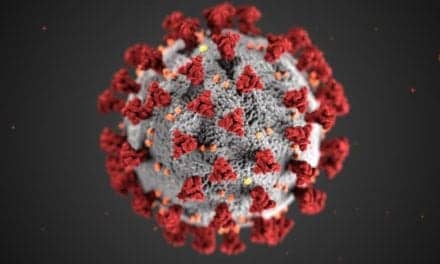Atlanta-based FusionHealth is collaborating with the University of Michigan for a clinical trial called Sleep SMART (Sleep for Stroke Management and Recovery Trial), during which researchers will investigate whether obstructive sleep apnea diagnosis and treatment improves stroke recovery or reduces the likelihood of another stroke.
While the association between stroke and sleep apnea is clear, experts still don’t know the nature of it: whether many patients’ sleep apnea was always there, and may have led to the stroke, whether the sleep apnea was exacerbated or created due to the stroke, or whether it’s a combination of the two. Nonetheless, the association offers a prime treatment opportunity.
“Not only do the majority of post-stroke patients suffer from sleep apnea, but they are also often at a heightened risk of another stroke,” says Jeffrey Durmer, MD, PhD, sleep expert and co-founder of FusionHealth, a sleep health technology company that provides employers and healthcare systems with population-based solutions to address sleep issues such as obstructive sleep apnea (OSA), in a release. “The results of this study could be revolutionary in providing both preventative and recovery care to patients following a stroke.”
Researchers at 110 sites, via the National Institutes of Health-funded StrokeNet clinical trial network, plan to enroll 3,000 post-stroke patients in this randomized, controlled trial. Patients will begin the trial while still in the hospital, so the treatment group can begin right away, says co-principal investigator Devin Brown, MD, MS, a neurologist and longtime stroke researcher, who is also co-director of U-M’s Regional Coordinating Stroke Center, part of NIH StrokeNet.
The study will compare the standard treatment for sleep apnea, continuous positive airway pressure (CPAP), with standard usual care after stroke. At 3 and 6 months after random assignment to one approach or the other, the investigators will compare the treatment group’s stroke-related outcomes with those of the control group. The aim is to determine whether going forward, future patients who have a stroke should be screened and treated for OSA.
FusionHealth will supply the sites with sleep apnea testing and CPAP equipment, incorporating telemedicine to better monitor patient adherence and results without requiring overnight sleep apnea tests or constant clinic visits.
Funding for the trial comes from the National Institute of Neurological Disorders and Stroke (NINDS) at the National Institutes of Health (U01NS099043). The researchers are working closely with NIH StrokeNet centers at the Medical University of South Carolina, which provides the national data management center, and the University of Cincinnati, which serves as the national coordinating center.


